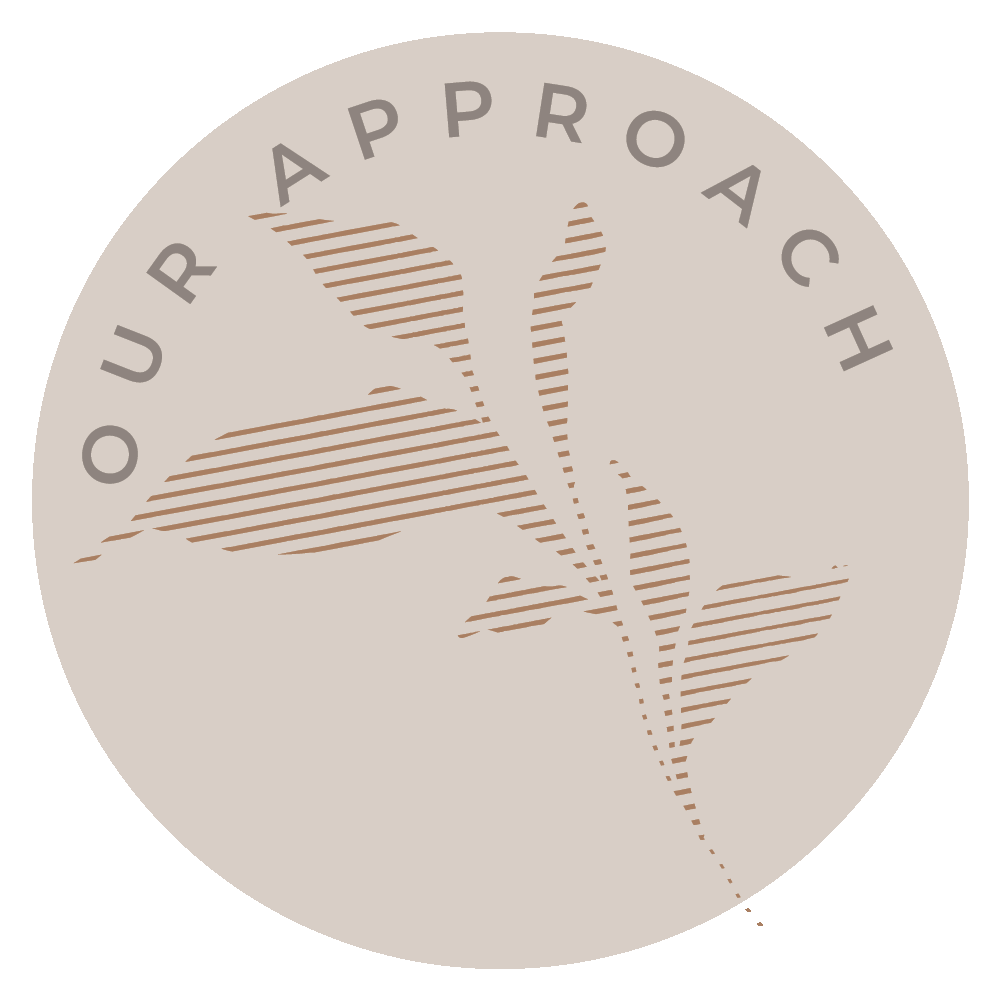SPECIALIZING IN
Depression & Bipolar Therapy
Cognitive Behavioral Therapy (CBT) for Major Depressive Disorder and Bipolar Disorder. Available in-person in Philadelphia and online for adults in Pennsylvania, New Jersey, and Delaware.
Cognitive Behavioral Therapy (CBT) for Major Depressive Disorder and Bipolar Disorder. Available in-person in Philadelphia and online for adults in Pennsylvania, New Jersey, and Delaware.

Depression
Do you feel sad or have a loss of interest in activities once enjoyed? How about changes in appetite or sleep? Are you suffering from negative thoughts and being overwhelmed?
Depression can reach its worst point when you feel like you’re alone in what you are going through and that no one can understand how you’re feeling. That's why it is important to reach out for professional help.
Bipolar
Do you experience intense emotional states on a consistent basis that can last hours, days, or weeks?
You're not alone. Support is available 24/7 by calling The National Suicide Prevention Lifeline at 988 or text "CONNECT" to the Crisis Text Line 741741.
○ Feeling sad or having a depressed mood
○ Loss of interest or pleasure in activities once enjoyed
○ Changes in appetite — weight loss or gain unrelated to dieting
○ Trouble sleeping or sleeping too much
○ Loss of energy or increased fatigue
○ Feeling worthless or guilty
○ Difficulty thinking, concentrating, or making decisions
○ Thoughts of death or suicide
○ Mood swings (mania, hypomania, or depression)
○ Periods of racing thoughts, pressured speech, increased energy, or impulsivity
○ Abnormal, sporadic, or random periods of happiness, euphoria, or irritability
○ Periods of feeling overly self-confidence and making grand, unrealistic plans
○ Challenges with organization like keeping track of time
○ Comorbidity (anxiety, substance use, ADHD diagnosis)
○ Difficulty accepting a bipolar diagnosis

Risk Factors for Depression
BIOCHEMISTRY:
Differences in certain chemicals in the brain may contribute to symptoms of depression.
GENETICS:
Depression can run in families. For example, if one identical twin has depression, the other has a 70% chance of having the illness sometime in life.
PERSONALITY:
People with low self-esteem, who are easily overwhelmed by stress, or who are generally pessimistic appear to be more likely to experience depression.
ENVIRONMENTAL FACTORS:
Continuous exposure to violence, neglect, abuse, or poverty may make some people more vulnerable to depression.
Source

Major Depressive Disease
Talk therapy can be used as a standalone treatment for mild depression. For moderate to severe long-standing depression, antidepressants in conjunction with Cognitive Behavioral Therapy (CBT) have been found to be effective in treating depression. CBT focuses on problem-solving in the present moment and will help you recognize the thinking patterns that are keeping your mood low. I will engage you in cognitive restructuring that will help you develop adaptive thinking and behaviors to respond to the challenges in your life.
Bipolar Disease
With therapy, people with bipolar disease can lead fulfilling and productive lives. Integrative CBT can help stabilize your mood and ease symptoms. Ongoing therapy is more effective than dealing with problems as they come up.

○ Gain knowledge about depression
○ Understand faulty thinking patterns (i.e., cognitive distortions)
○ Enhance your awareness about triggers and negative core beliefs
○ Establish exercises to practice outside of therapy
○ Identify self-care tools
○ Establish a network of professionals, support and resources
○ Process the diagnosis and work toward acceptance
○ Establish tools and planning for early detection of mood changes
○ Collaborate among your providers and family to enhance your support system
○ Understand triggers to stress
○ Focus on harm reduction
○ Mood assessment, evaluation, and monitoring
○ Exploration of your interpersonal relationships
○ Self-care routines and positive lifestyle changes
○ Mindfulness, CBT, and family counseling when necessary
I believe in you.